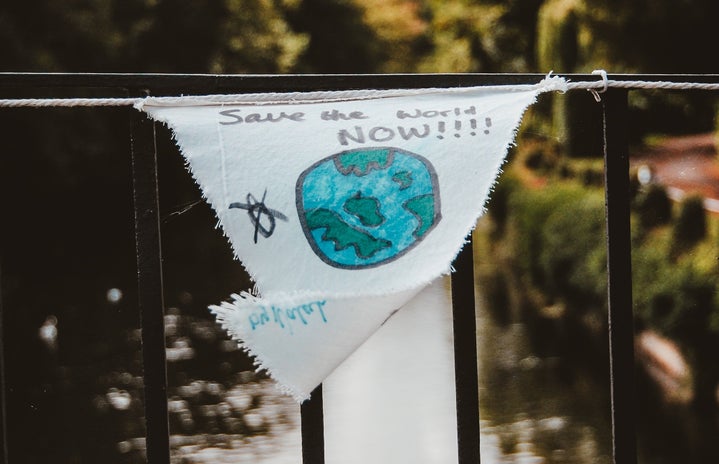This post is authored by Caitlin Thomson.
The excitement in the air is palpable, as open-topped cars compete for space alongside horse-drawn carts, churning up the dust from the worn road. Smiling women with wide brimmed hats wait breathless in the animated audience of the Epsom Derby. Then – happening so fast if you blinked you would miss it, Emily Davison is hit by the King’s horse. Standing spectators immediately rush onto the track, as the camera pans away. 4th June 1913. A day that would alter history forever.
This event drew huge attention to the Suffragette cause and provoked sympathy from those who had previously scoffed at or condemned the actions of the WSPU. It was instrumental in prompting the Representation of the People Act which was passed a mere five years later. The early 1900s cumulated in a huge change for women around the globe, as numerous countries, including Britain, awarded women the right to vote. This was an achievement not easily obtained; many brave suffragettes experienced harmful force-feeding in prison and cruel judgement from a shocked society, due to their provocative acts like property damage.
In the UK, the struggle spanned from 1866 to 1918. Notably however, not all women received suffrage until the Equal Franchise Act was passed in 1928. Consequently, it has not truly been ‘a hundred years of suffrage’ in the UK. In addition, this number is grossly inaccurate in relation to global society. African American women were unable to exercise their right to vote due to disenfranchisement methods up to the 1960s and in Saudi Arabia, women only received suffrage in 2011. Almost a century after Emily Davison lost her life for the right to vote. The disturbing recency of these events in global history only serve to emphasise how much still has to be done.
So, last Tuesday marks a hundred years since the first women in the UK won suffrage. Which raises the question, would they be amazed at how far we have come? Or disillusioned by the fact that, the feminist struggle is not yet over?
The anniversary of this early milestone in uk history could not have come at a more relevant time. The echo of this first feminist wave reverberates still. Parallels can be drawn between its power to change sexist attitudes of the time and the global movements MeToo and TimesUp in their contemporary challenging of ideas surrounding sexual assault.
The feminist movement itself has evolved, for good reason. The early suffragettes themselves have been accused of racism, classism and ableism. Consequently, whilst we celebrate and commend those early feminists, we must simultaneously acknowledge their flaws. It is now more important than ever to remember our past, as an improved and inclusive feminist movement continues to make history, in present society. Feminism will never be irrelevant; it is impossible to erase centuries of embedded sexist thinking and values from society in a mere one hundred years, undeniably shown by the recent actions of Harvey Weinstein and countless others who possess the same male entitlement.
Therefore, this anniversary should remind us of how far we have come, yet still of how far we need to go. Emmeline Pankhurst herself said ‘those men and women are fortunate who are born at a time when a great struggle for human freedom is in progress’.


